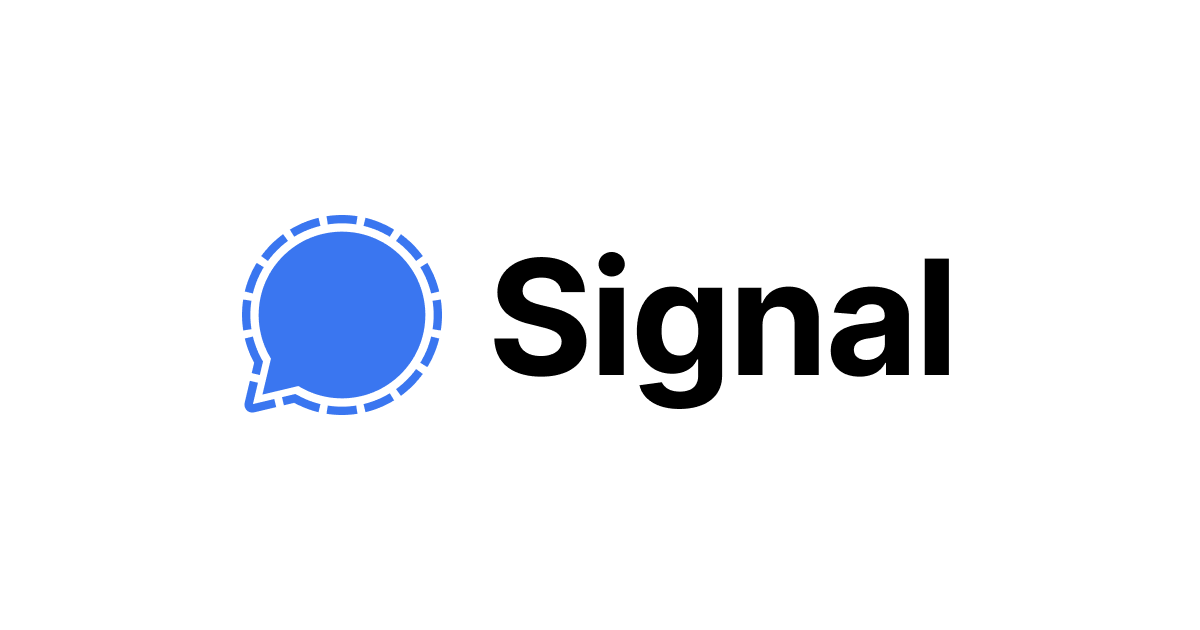While WhatsApp and most other messengers support end-to-end encryption, Signal is probably still your best choice when you want your conversations and calls to stay private. Given that all communication on Signal is encrypted, including group video calls, the company is running into some unique challenges that need to be addressed when scaling its service. As such, Signal has only supported group calls with up to five participants until now, but it has finally managed to significantly up the limit to 40 people at a time.
Signal originally relied on an existing open-source solution for its video calls, but it quickly found that there was no reliable way to scale the system to more than eight participants. That forced the company to create its own open-source calling service that relies on the so-called Selective Forwarding technique, with participants relying on servers that forward their audio and video to others without altering or viewing the content. This newly developed solution has powered Signal’s video calls for the last nine month already and has been found to be reliably scalable to up to 40 participants with ease, and maybe more in the future.
While WhatsApp has offered end-to-end encrypted group video calls for much longer, since 2018, the Meta-owned company had long hesitated to expand it to more participants. In 2020, it raised its limit from four to eight people, citing the need of its users to stay connected during lockdown, but it hasn’t upped the limit further than that. That allowed Signal to pull forward with its 40-person-limit. It’s possible that WhatsApp will follow up sooner rather than later, maybe even relying on Signal’s advance work.
Signal’s solution is going live in the mobile apps as we speak, and if you’re interested in a technical deep dive into how the company created its open-source end-to-end encrypted video calling technology, be sure to check out the Signal blog.

